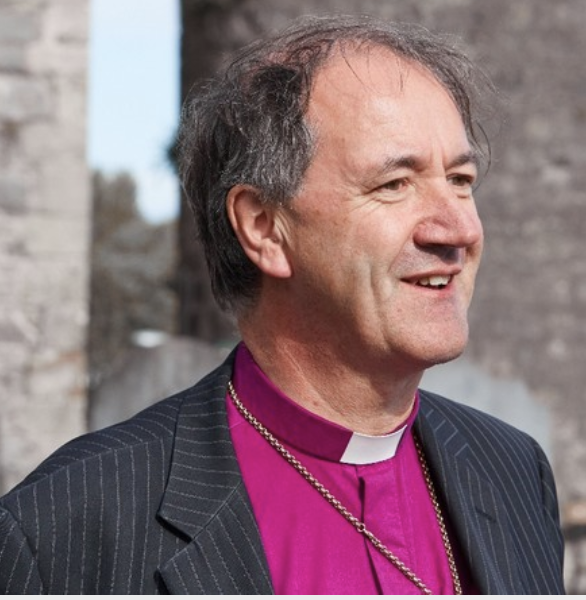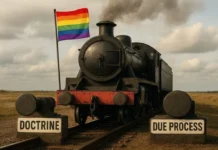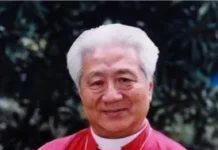The synod of the United Diocese of Tuam, Limerick and Killaloe adopted a resolution calling upon the Church of Ireland to permit same-sex blessings. In his presidential address to synod meeting at the Hotel Woodstock in Ennis on 14 Oct 2023, the Rt. Rev. Michael Burrows expressed a belief that the diocesan synod was not truly representative of the different cultures and sexual orientations present in the diocese.
There was an “under representation of colour, LBGTQ+, traveller, those suffering from domestic abuse” among the synod delegates, he said, adding “the message for this synod should be to embrace people as they are …”.
A private members motion was offered at the close of scheduled business which stated:
“This Synod, while acknowledging the Church’s traditional teaching on marriage as set out in the Book of Common Prayer, believes that pastoral and liturgical provision should be made for those persons of the same sex, whose marriages have been previously recognised by law, and who wish to have an appropriate service of prayer and dedication. This Synod therefore requests that the General Synod and House of Bishops allow some measure of Diocesan discretion in the provision of suitable prayers for use where such services are locally desired and acceptable and where no priest or minister would be required to act against their conscience.”
Debate followed, with instruction by the bishop that each speaker should be heard in silence followed by a period of reflection. The motion was approved by secret ballot by a “large majority” the diocesan newspaper reported.
Tuam, Limerick and Killaloe joins the Diocese of Dublin and Glendalough in seeking a hearing on same-sex blessings at the 2024 meeting of General Synod. On 3 Oct 2023 the Dublin synod passed a motion requesting the authorization of for the blessing of same-sex marriages. Sources at the synod tell Anglican.Ink there were no voices raised in opposition to the motion, and that it passed overwhelmingly.
While approved by strong margins in two dioceses, the motion is unlikely to be approved by Irish Synod. The Irish church has long been divided by more than a border between the Republic of Ireland and Northern Ireland. Dioceses in the Republic have long been advocates for progressive causes and liberal theology, while the North is largely conservative and Evangelical. Less than one third of the church’s members reside in the southern dioceses, and a motion backing same-sex blessings is unlikely to gain a two thirds majority in the three houses of synod – bishops, clergy and laity.



